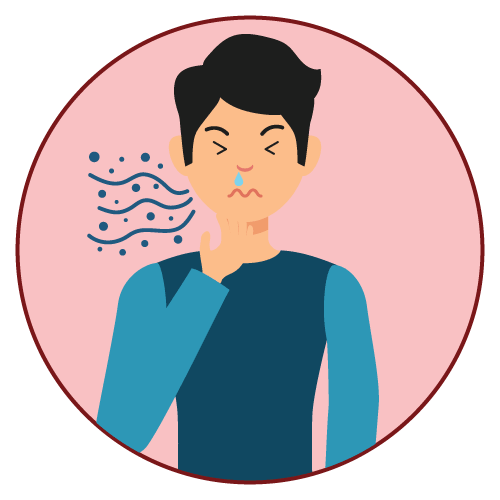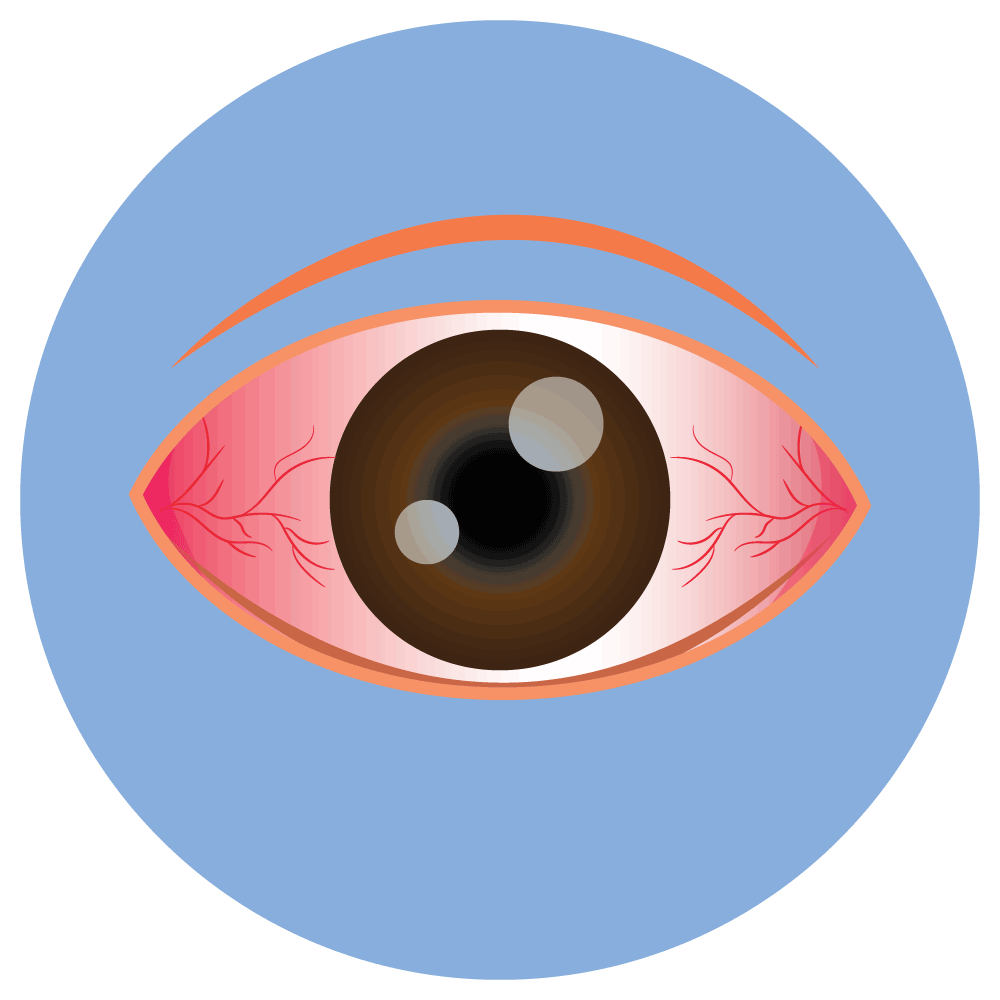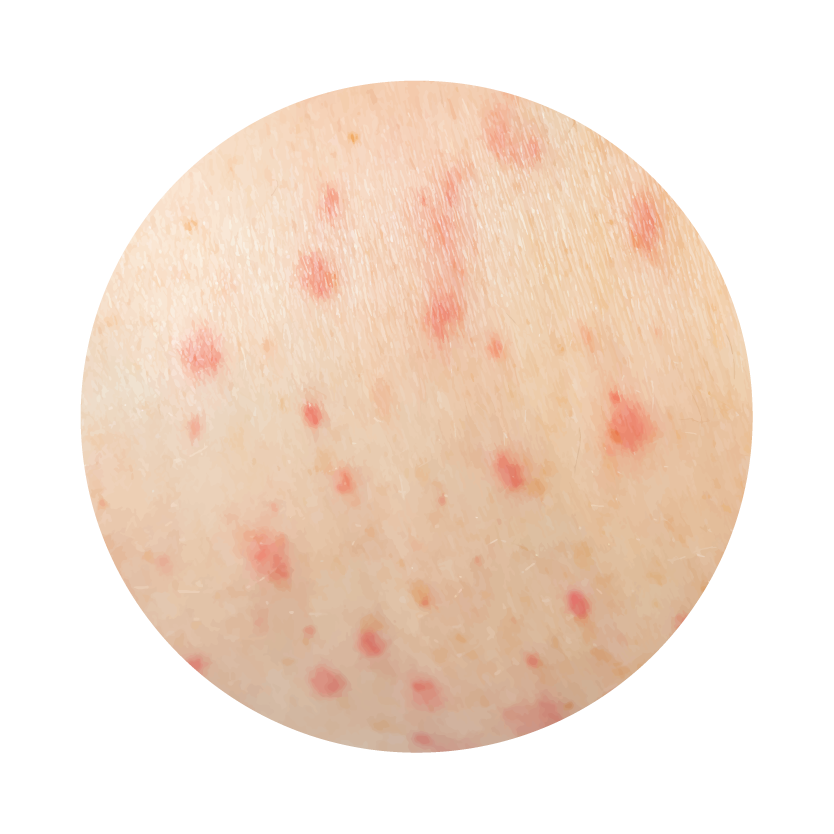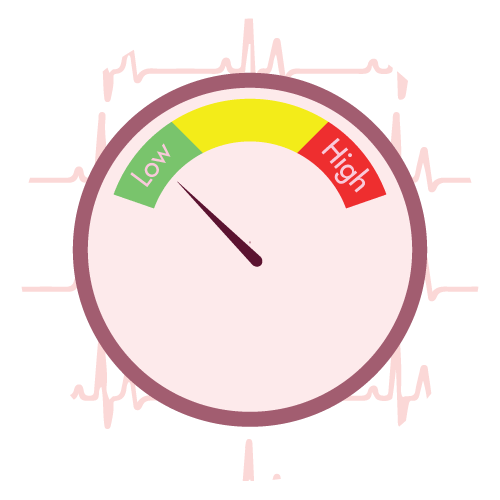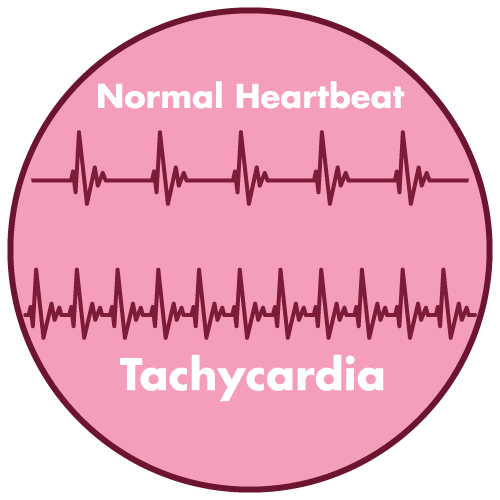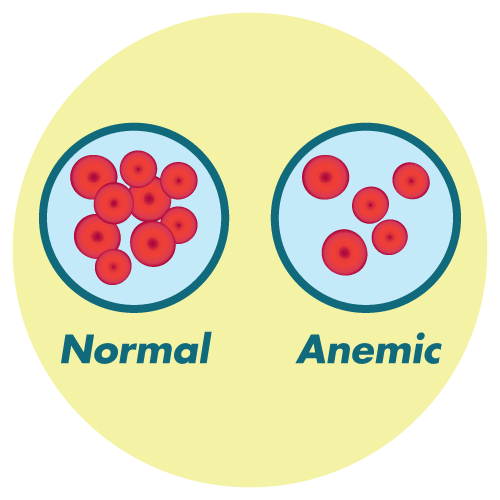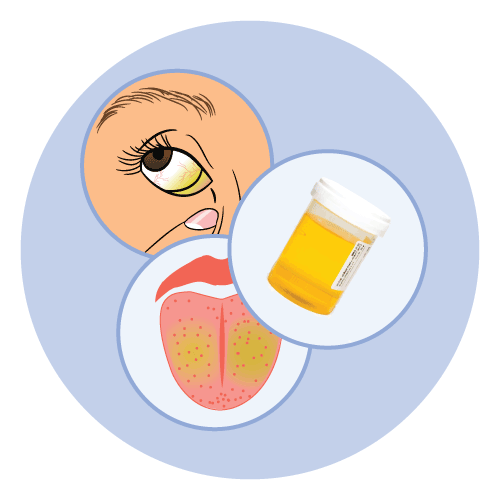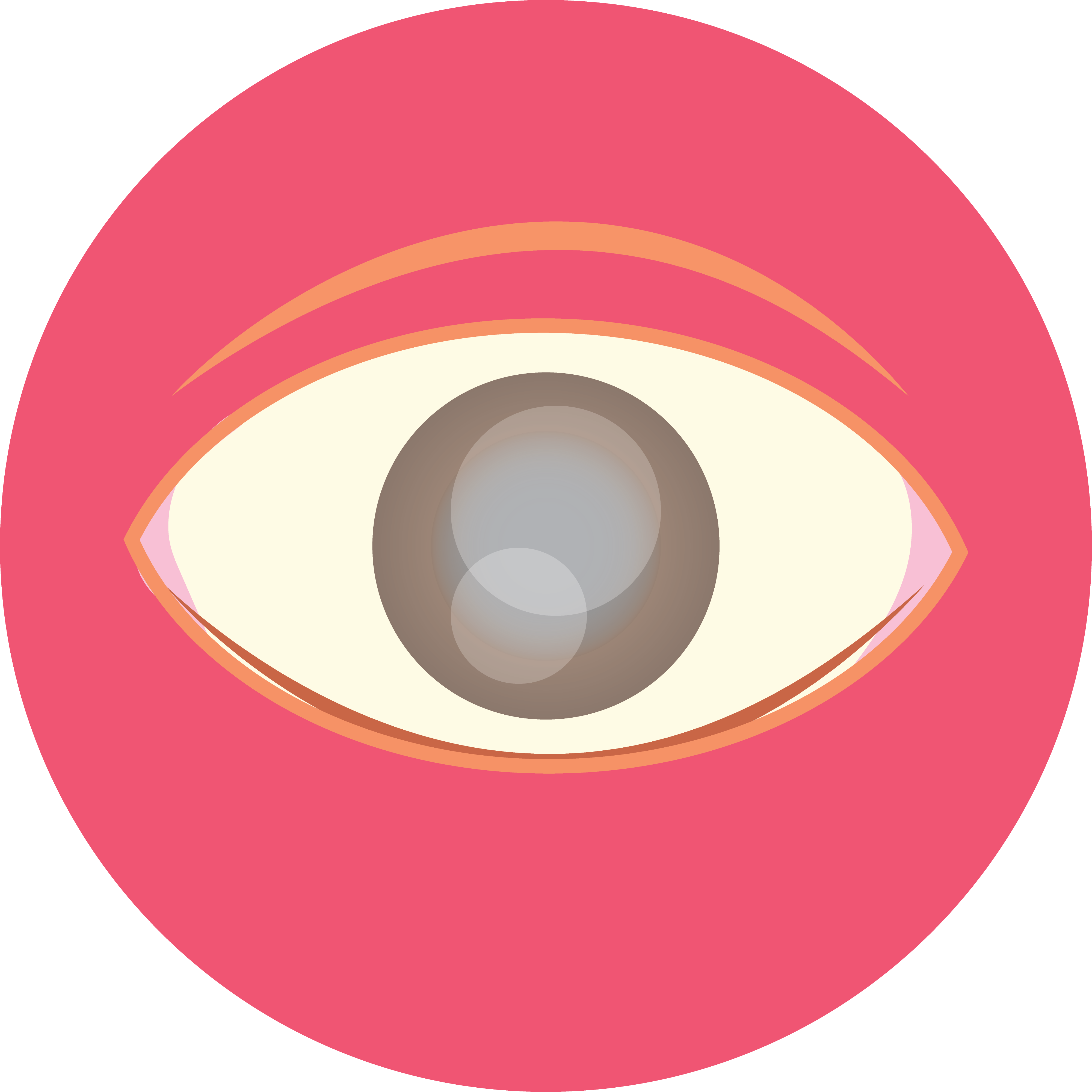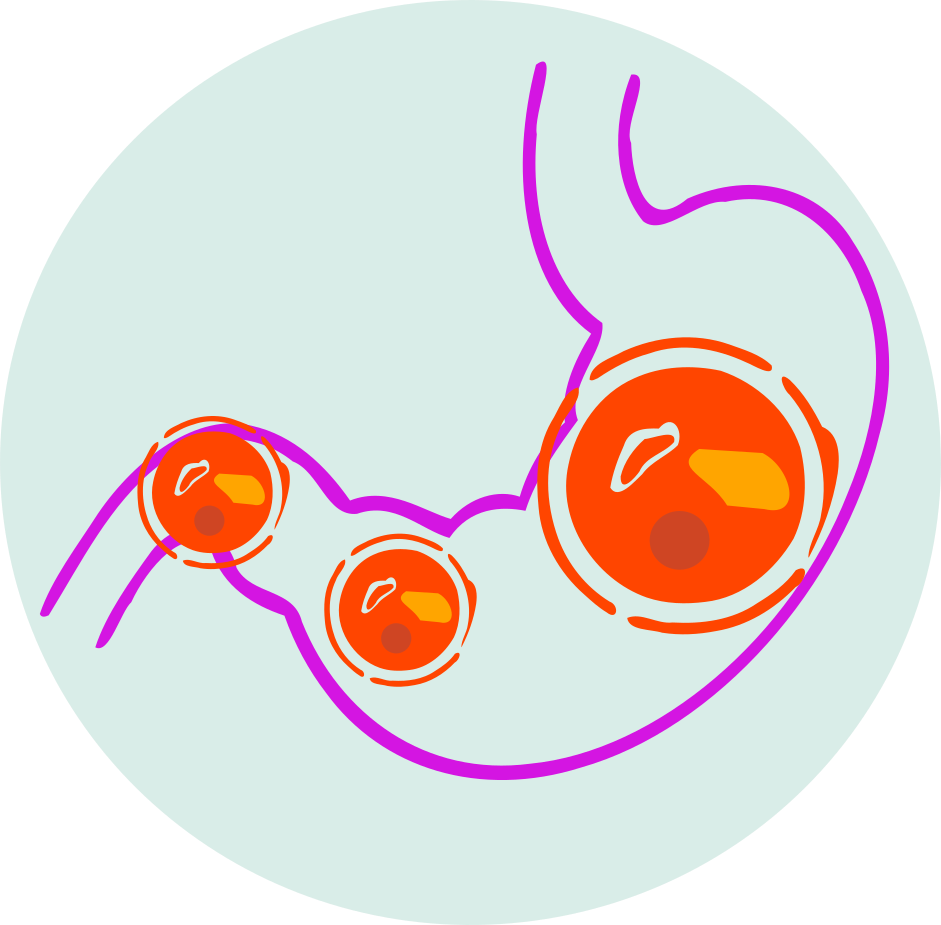| Name | Cyproheptadine Hydrochloride |
| Classes |
Respiratory Agent Antihistamine |
| Diseases |
Allergic Reaction Cold Hive Itching Rhinitis Sneezing Urticaria |
Cyproheptadine Hydrochloride
Cyproheptadine is a serotonin and histamine antagonist with anticholinergic and sedative effects. Antiserotonin and antihistamine drugs appear to compete with serotonin and histamine, respectively, for receptor sites.
Cyproheptadine is indicated for the following conditions-
- Perennial and seasonal allergic rhinitis
- Vasomotor rhinitis
- Allergic conjunctivitis due to inhalant allergens and foods
- Mild, uncomplicated allergic skin manifestations of urticaria and angioedema.
- Amelioration of allergic reactions to blood or plasma
- Cold urticaria
- Dermatographism
- As therapy for anaphylactic reactions adjunctive to epinephrine and other standard measures after the acute manifestations have been controlled.
- DOSAGE SHOULD BE INDIVIDUALIZED ACCORDING TO THE NEEDS AND THE RESPONSE OF THE PATIENT.
- Each tablet contains 4 mg of cyproheptadine hydrochloride.
- Patients between the ages of 2 and 6 years:
- The total daily dosage for pediatric patients can be estimated using 0.25 mg/kg/day or 8 mg per 2 square meter of body surface (8 mg/m) based on body weight or body area.
- The normal dose is 2 mg (1/2 tablet) two or three times a day, adjusted as needed depending on the patient's size and response. The daily intake should not exceed 12 mg.
- 7 to 14 years old:
- The normal dose is 4 mg (1 tablet) two or three times a day, adjusted as needed depending on the patient's size and response. The daily intake should not exceed 16 mg.
- Adults:
- For adults, the total daily dose should not exceed 0.5 mg/kg/day. The daily dose ranges from 4 to 20 mg, with the majority of patients requiring 12 to 16 mg. For sufficient treatment, an uncommon patient may need as much as 32 mg per day. Starting with 4 mg (1 tablet) three times a day, the dosage should be modified according to the patient's physique and response.
CNS: dizziness, disturbed coordination, confusion, restlessness, excitation, nervousness, tremor, irritability, insomnia, paresthesias, neuritis, convulsions, euphoria, hallucinations, hysteria, faintness.
Cardiovascular: Hypotension, palpitation, tachycardia, extrasystoles, anaphylactic shock.
Hematologic: Hemolytic anemia, leukopenia, agranulocytosis, thrombocytopenia.
Digestive System: Cholestasis, hepatic failure, hepatitis, hepatic function abnormality, dryness of mouth, epigastric distress, anorexia, nausea, vomiting, diarrhea, constipation, jaundice.
Genitourinary: Urinary frequency, difficult urination, urinary retention, early menses.
Respiratory: Dryness of nose and throat, thickening of bronchial secretions, tightness of chest and wheezing, nasal stuffiness.
- Cyproheptadine has an atropine-like action and, therefore, should be used with caution in patients with:
- History of bronchial asthma
- Increased intraocular pressure
- Hyperthyroidism
- Cardiovascular disease
- Hypertension
- Antihistamines might reduce mental alertness; nevertheless, they can also cause excitement, especially in young children.
Patients should be advised against participating in activities that require mental awareness and motor coordination, such as driving a car or operating machinery.
Contraindication
- Hypersensitivity to cyproheptadine and other drugs of similar chemical structure.
- Monoamine oxidase inhibitors, such as-
There is no contraindications of Cyproheptadine in terms of food and drinks.
Cyproheptadine is contraindicated in the following health conditions-
- Newborn or Premature Infants
- Nursing Mothers
- Angle-closure glaucoma
- Stenosing peptic ulcer
- Symptomatic prostatic hypertrophy
- Bladder neck obstruction
- Pyloroduodenal obstruction
 Bangla
Bangla English
English